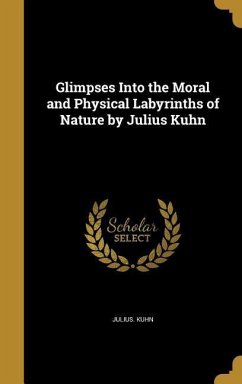High Quality Content by WIKIPEDIA articles! Julius Oppert (July 9, 1825 - August 21, 1905), French-German Assyriologist, was born at Hamburg, of Jewish parents. After studying at Heidelberg, Bonn and Berlin, he graduated at Kiel in 1847; and the next year went to France, where he was teacher of German at Laval and at Reims. His leisure was given to Oriental studies, in which he had made great progress in Germany. In 1851, he joined the French archaeological mission to Mesopotamia and Media under Fulgence Fresnel. On his return in 1854, he was naturalized as a French citizen in recognition of his services. He occupied himself with analyzing the results of the expedition, with special attention to the cuneiform inscriptions he had collected. During 1855, he published Écriture Anarienne, advancing the theory that the language spoken originally in Assyria was Turanian (related to Turkish and Mongolian), rather than Aryan or Semitic in origin, and that its speakers had invented the cuneiform writing system.








